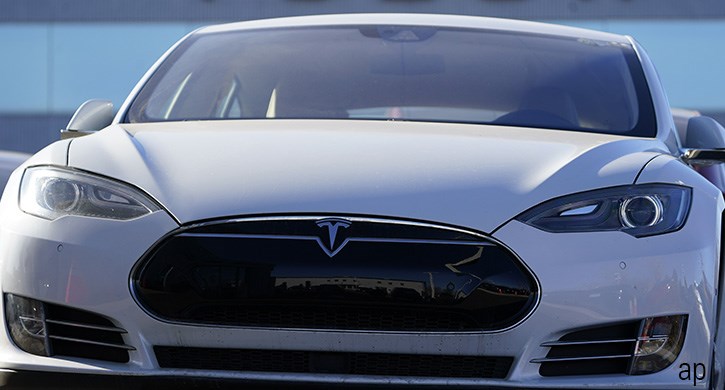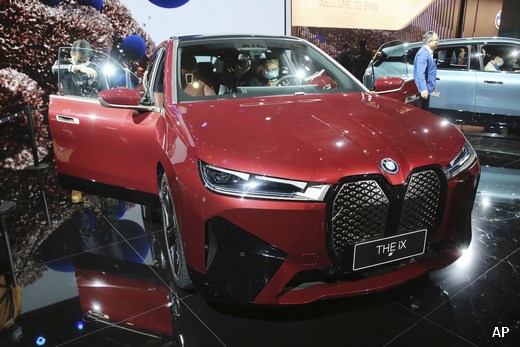
Upbeat second quarter earnings results from Tesla (TSLA) have prompted Morningstar analysts to upgrade its fair value estimate to $570 a share. Analysts previously upgraded Tesla's fair value estimate in June from $354 to $550.
Our key takeaway from Tesla's second-quarter earnings was the company's ability to improve profitability through cost reductions and scale. Automotive gross profit margin excluding the sale of regulatory credits was 25.8%, up 710 basis points year on year from the 18.7% margin generated in the prior-year quarter. We had assumed Tesla would expand margins over the long term, largely due to cheaper manufacturing costs, including lower battery costs. With our long-term outlook intact, we have increased our near-term forecast to account for higher profitability. Having updated our model to reflect these changes, we raise our Tesla fair value estimate to $570 per share from $550. Our narrow moat rating is unchanged. At current prices, we view Tesla shares as slightly overvalued, with the very high uncertainty stock trading in 3-star territory, but over 15% above our fair value estimate.
In addition to gross margin expansion due to cost reductions, Tesla's operating profit margin is also beginning to benefit from operating leverage, as operating margin expanded to 11%, more than double the prior-year quarter. As delivered vehicle volumes continue to grow, overhead costs should grow at a relatively slower rate, as the company will not need as much incremental overhead for each additional vehicle sold. We expect this will be another driver of higher long-term operating profits.
Earnings Update
During the earnings call, management said Tesla was on track to open its two newest gigafactories, in Austin, Texas, in the US, and in Berlin, Germany, later this year. Both factories will produce Model Y vehicles. We expect the Model Y will eventually account for the majority of Tesla sales, given SUVs are the majority of vehicles sold in Tesla's two biggest markets, the US and China. A greater proportion of Model Y sales should boost Tesla's profitability as the higher priced Model Y SUV, which is built on the Model 3 sedan platform, typically generates a higher average profit per vehicle.
Management also gave an update on the new 4860 batteries. The battery passed reliability testing, which we view as a good sign that the technology works. However, Tesla is dealing with issues in manufacturing the new cells at a large scale, and the battery will likely not be in vehicles until next year at the earliest. The 4860 battery cell will contain new battery technology, rather than an improvement of existing technology. As such, we were not surprised by the new timeline as delays are common when transitioning from small scale product development, to large scale manufacturing for new battery technologies. Regardless, we think Tesla will eventually be able to launch its 4680 batteries, which should result in a step change in cost reductions over time.
As the global leader in electric vehicle sales, Tesla has helped to drive higher EV adoption. We expect this will continue as we forecast EVs will grow from 3% of new global auto sales in 2020 to 30% by 2030. For more information on our EV outlook, see our June 30 report, "Electric Vehicle Observer: Investment Opportunities Throughout the Value Chain as EVs and Hybrids Will Be 2 of Every 3 Autos Sold Globally by 2030."
This article has been updated to reflect Morningstar's latest view on Tesla. Morningstar previously upgraded Tesla's fair value estimate in June 2021.




























